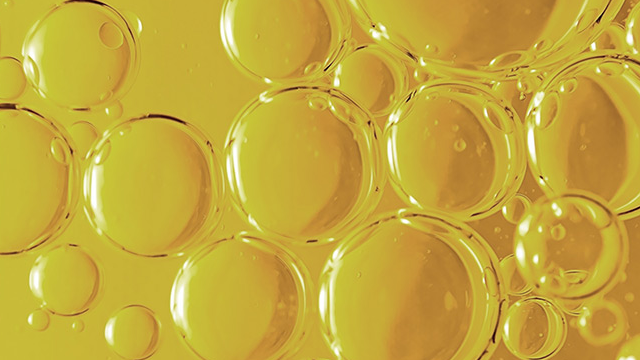Lube oil cleaning
The quality of your lube oil determines equipment lifetime and levels of productivity. Cleaned lube oil maintains its quality over time and is therefore essential to a healthy, trouble-free process. There are a number of options for cleaning lube oil. Our expertise can guide you to the right one.
Clean lube oil helps run a smooth operation
- Removes both water and solids in one operation
- Effective cleaning of even small particle sizes
- Minimal maintenance, enabling more process uptime
- Prolongs equipment lifetime
- Low total cost of ownership (TCO)
Whitepaper: The importance of lube oil cleaning
Eager to understand more about lube oil cleaning? Our whitepaper gives you a comprehensive overview of the technologies available and acts as a guide to choosing the best one for your application.

Comparing Technologies for Lube Oil Cleaning
Lube oil cleaning has proven to deliver considerable cost savings. But how do you decide on the best technology – the one that offers the best efficiency and least overall cost – for your application? Here we compare the three most common options: centrifugation, filtration and coalescence.

The three technologies in brief
- Centrifugation separates matter of different densities – both water and particles
- Filters use different mesh sizes to capture solids only
- Coalescers remove water from lube oil
Choose the technology that suits your application
In centrifugation, clean oil is directed back into your process while water contamination is continuously discharged. Particles are contained in the separator bowl for later disposal or discharged automatically.
When using filters, the solids are usually captured in a disposable cartridge, which needs replacing regularly. Coalescers can only work if the lube oil is almost particle free. Most often, a coalescer module works with filters so that both solid particles and water are removed in one system.
Lube oil cleaning technologies compared
| Disc stack centrifuge | Filter | Coalescer | |
|---|---|---|---|
| Particles & water separation? | yes | no | no |
| Particle removal | yes | yes, partly | no |
| Free water removed | yes | no | yes |
| Emulsified water removed | limited | no | limited |
| Dissolved water removed | no | no | no |
| Capital cost | high | low | low |
| Operating costs | low | high | high |
| Total cost of ownership | low | high | high |
Checklist: Choosing the best lube oil cleaning technology
Don’t know which lube oil cleaning technology to use? This checklist helps you compare the choices and determine which solution is best for your process.
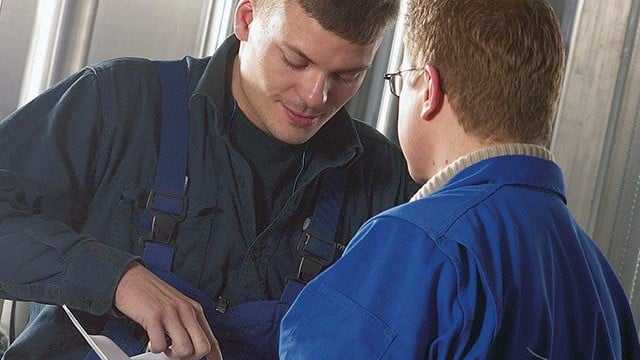
Lube oil centrifugation
Lube oil centrifugation enables you to discard waste without the need to buy disposables such as filter cartridges. This makes lube oil cleaning more convenient, cost-effective and environment-friendly.
Powerful, productive and cost-effective
- Removes both water and solids in one operation
- Effective cleaning of even small particle sizes
- Minimal maintenance, enabling more process uptime
- Prolongs equipment lifetime
- Low total cost of ownership (TCO)
Lube oil centrifugation uses a centrifugal force 5,000 times stronger than gravity to separate particles of different densities and continually directs cleaned oil back into your process. The water is released while the contaminating solids are stored separately. If your processes result in low amounts of solid waste, you can generally remove it manually. Higher waste amounts are automatically cleaned. Lube oil centrifugation can also handle large cleaning volumes and a temporary high influx of water.
Alfa Laval solid-retaining centrifuge
Alfa Laval self-cleaning centrifuge (total discharge)
Lube oil filters
When considering lube oil filters you need to ask yourself a number of questions. For example, does the process use more than 50 litres of lube oil per hour? How high are the contamination levels? Will lube oil be contaminated with particles and water? Do you have the means to dispose of the filters in the correct way? Do you have a reliable supply chain when you need to replace a lube oil filter?
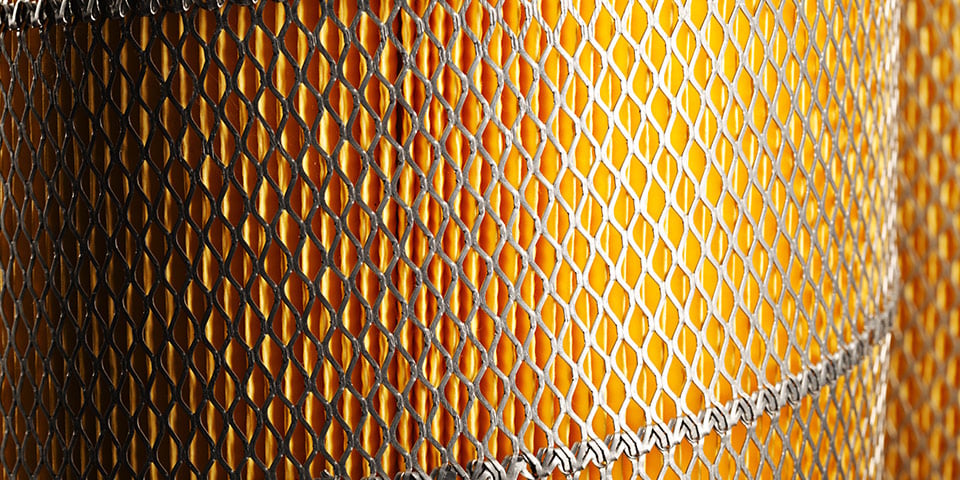
Easy to operate and install, more costly to maintain
- Relative operating simplicity – few moving parts
- Low capital investment
Lube oil filters use elements of different mesh sizes to capture solid particles. Particles bigger than the mesh are captured and removed from the oil, while the smaller ones remain. When the filter cartridge reaches contamination capacity, you have to remove it and replace it with a new one. You then discard/dispose of the dirty one.
Lube oil filters – the considerations
Although lube oil filters require low capital investment, there are a number of factors that influence their effectiveness which can lead to higher total cost of ownership (TCO).
- No removal of water, so needs to be combined with coalescers or separators
- Disposables lead to higher running costs and the need for responsible disposal in a world with increasingly strict environmental regulation
- Limited performance – only captures solids larger than the mesh size (typically 10-30 µm)
- Captured particles partly pre-released when filter is exposed to pressure shocks at start-up/stop
- Filter needs monitoring/changing regularly to avoid clogging which then allows particles through the bypass valve
- Pressure fluctuations and reduction when filter elements are contaminated
Lube oil coalescers
Filters can't capture large amounts of water or other liquid contamination, so if you use a filter system to clean lube oil, you must have a coalescer module if you need to remove water.
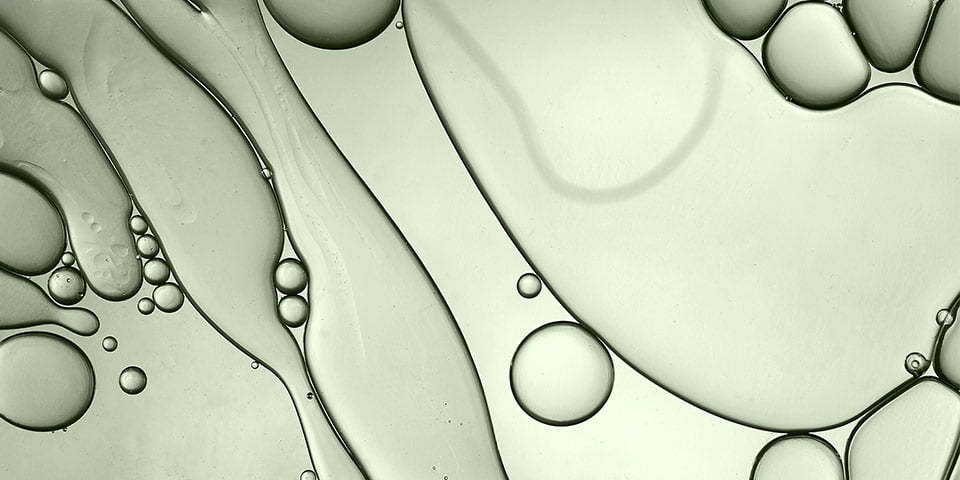
Extra corrosion protection
- Relative operating simplicity – few moving parts
- Low capital investment below a certain capacity
Coalescers add an additional process to filter systems. They work by combining water droplets so they drop out of the oil more readily. They work best with low viscosity oil when the water separates more readily from the lube oil.
Lube oil coalescers – the considerations
Although lube oil coalescers are easy to install and maintain, there are limitations to their effectiveness which can lead to process inefficiencies and higher lifetime costs.
- Cannot remove solid contamination
- Lube oil has to be very clean to enable coalescence
- Cannot be used if special additives or surfactants are present
- Cannot cope with high amounts of water in the oil
Presentation: The importance of lube oil cleaning
Need to explain lube oil cleaning to others? Use this presentation to help others understand the rationale and technologies.
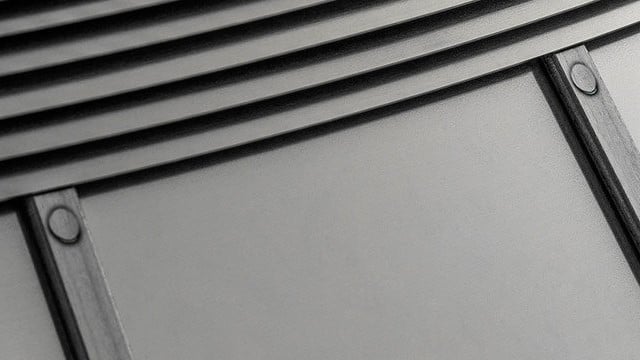
Service

Ensure a long service life
You can expect decades of efficient lube oil cleaning if you take care of your separator correctly. In short, it's a matter of reading the manual, using genuine parts and the right tools. We offer a comprehensive package of detailed service instructions and specific service kits with the genuine spare parts.
- Maximize uptime
- Support long working life
- Ready-to-use kits simplify preventive maintenance and save time
- Reduced order handling time
- Global distribution centers for rapid delivery
Preventive maintenance package
Alfa Laval Preventive Maintenance includes an intermediate service (IS) or a major service (MS) packaged in a box with the parts you need. The service interval depends on running hours or a fixed period of time.
We recommend that you:
- Always follow the service instructions in the separator manual
- Perform an Intermediate Service every 3 - 6 months (2-4,000 hours)*
- Perform a Major Service every 12-18 months (8-12,000 hours), depending on machine type and process conditions*
* The manual gives the maximum requirement. Lube oil cleaning is in general a lenient application where the intervals can be somewhat extended.
Manuals for lube oil cleaning separator
You will find the latest manuals for your OCM (Oil Cleaning Module) here.
They include:
- Safety instructions
- Operating instructions
- Service instructions
- Trouble-shooting
- Technical specifications
Please note that because this product range has been in operation for many years there may be slight variations in design.
The manuals cover all aspects of running and taking good care of your investment.
We have manuals for:
- MAB 103 (OCM 103)
- MAB 104 (OCM 104)
- MAB 206 (OCM 206)
- MMB 304 (OCM 304)
- MMB 305 (OCM 305)
Separator module size is found on the name plate.
If the manual for your lube oil separator does not correspond with your product, please contact us.
Order a separator service kit
Maintenance of your centrifugal separator is easy. In normal cases, all you need is to order your separator service kit and install on your separator, to have a trouble free operation. To identify a matching service kit, and request a quote, please see our product guide.
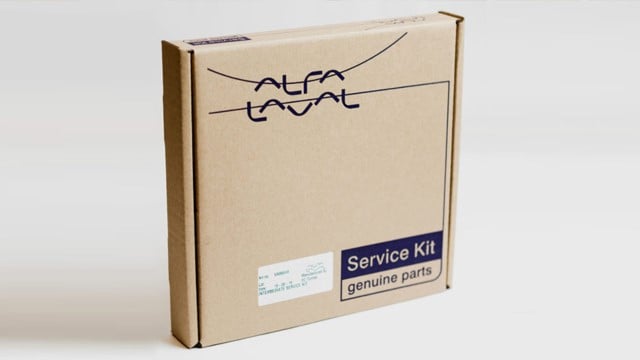
Service films
We have a number of service films to help you get the best out of your oil cleaning module.
Installation of a lube oil cleaning module
Lube oil cleaning module in operation
Manual cleaning of a separator
Ten tips to keep your high-speed separator in top condition
Read more about how you can keep your separators operating at their peak.
Get a quick quote
You can get a cost estimate for your lube oil cleaning needs quickly and easily using this simple form. Fill in basic details about your system and we’ll get back to you shortly.
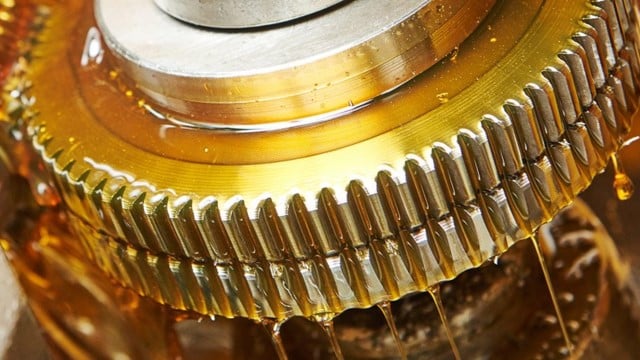
Lube oil cleaning problems
If your lube oil isn't properly cleaned or maintained, your valuable equipment risks being damaged by both solid and water contamination. This leads to costly maintenance and repair – and even operational shutdown. These problems are avoidable.
Preserving the quality of your lube oil over time, offers the best defence against problems caused by contamination. By focusing on clean oil, you increase your control over maintenance costs and help keep operations on schedule and within budget.

Common lube oil cleaning problems
Solid contamination
Solid particles cause many operational failures. Particles larger than a given gap size block the flow while those smaller than the gap size cause erosive wear, which can block gaps fully and create micro-cracks. Solids slightly bigger than or similar in size to the dynamic tolerance between the moving parts are the most harmful. They cause abrasive wear and surface fatigue which can lead to failure.
Water contamination
Water is the primary cause of corrosion and can lead to costly equipment replacement and/or repair. Water in oil can lead to micro-pitting in metal surfaces and metal-on-metal contact. It encourages steel components to become brittle and crack. It also lowers oil viscosity, reducing lubricity.
Benefits snapshot: Cost-effective lube oil cleaning
Interested in low operational costs? This infographic gives you a snapshot of lube oil cleaning benefits, with a clear total cost of ownership comparison between different technologies.
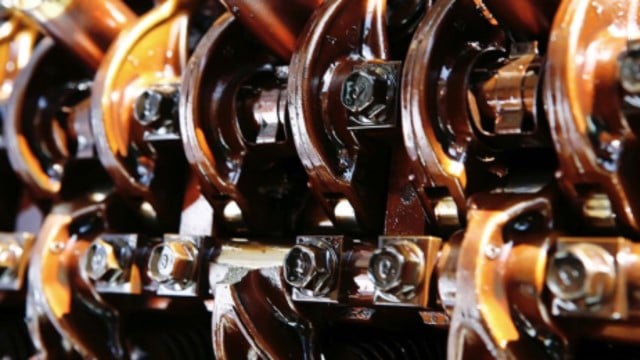
Lube oil cleaning blog
Keeping contaminants out of lube oil may be a challenge but cleaning can be easy with the right technologies and know-how. Browse our lube oil cleaning blog posts for advice on boosting productivity, reducing maintenance requirements and cutting operational costs.
Lube oil cleaning FAQs
Find answers to the most frequently asked questions about lube oil cleaning here. For a more detailed discussion of common issues, check our lube oil cleaning blog.
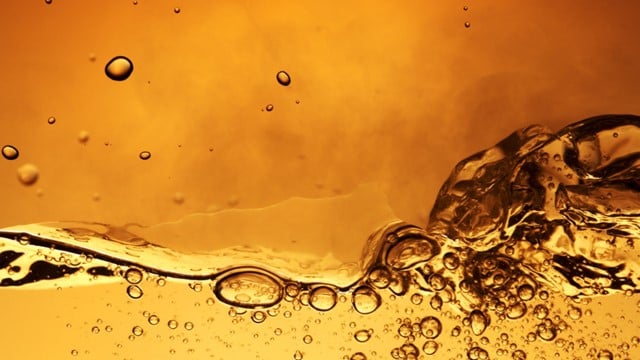
Contact
Vikas Gupta
Mr.Head of Sales - Energy, Life Science & HSS
India
Contact
Shekhar Deshmukh
Mr.Business Head – Energy, Service
India

